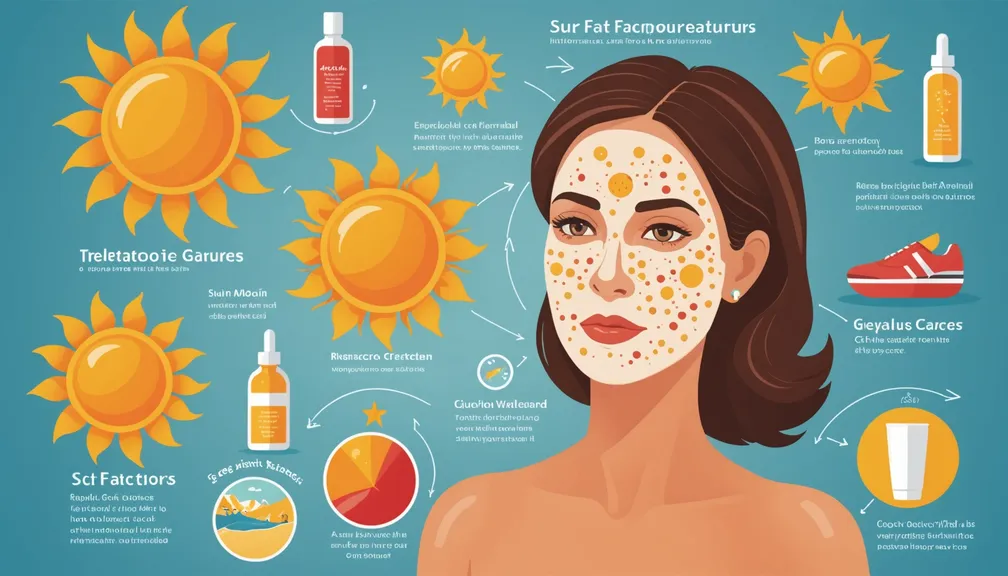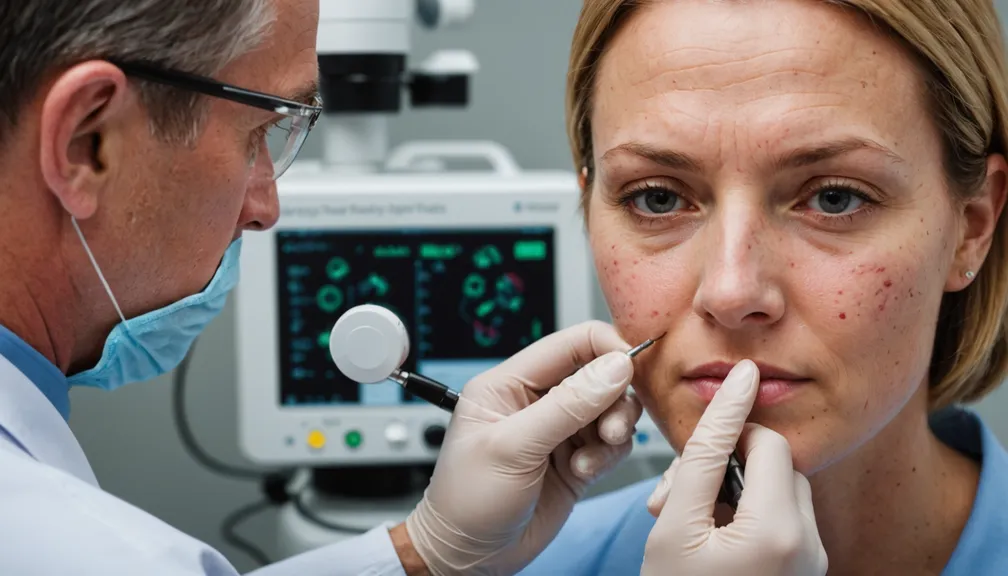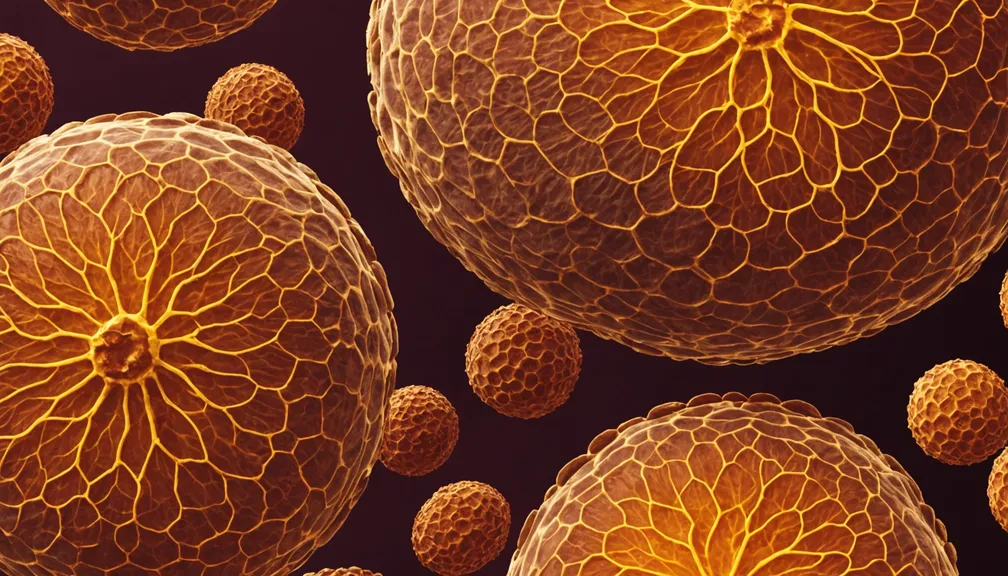Treatment Options: Surgery, Radiation, and Emerging Therapies
Understanding the treatment options for rare skin cancers can empower you and your loved ones to make informed decisions. This lesson covers the primary treatments available, including surgery, radiation therapy, and emerging therapies that are showing promise in the fight against these uncommon malignancies.
Surgery
Surgical treatment is often the first-line approach for rare skin cancers. The goal is to completely remove the cancerous tissue while preserving as much healthy skin as possible.
- Types of Surgical Procedures:
- Excisional Surgery: Involves cutting out the tumor along with a margin of surrounding healthy tissue to ensure all cancer cells are removed.
- Mohs Surgery: A precise technique where thin layers of cancer-containing skin are progressively removed and examined until only cancer-free tissue remains. This method minimizes the removal of healthy tissue and is especially useful in areas where preserving skin is crucial, such as the face.
-
Wide Local Excision: Similar to excisional surgery but typically involves a larger margin of healthy tissue to ensure all cancer cells are eradicated.
-
What to Expect:
- Before Surgery: You may undergo imaging tests to determine the extent of the cancer. Discuss any medications you’re taking with your healthcare provider.
- During Surgery: The procedure is usually performed under local or general anesthesia, depending on the size and location of the tumor.
-
Recovery: Recovery time varies based on the surgery type and tumor location. Your doctor will provide specific instructions to care for the surgical site and monitor healing.
-
Potential Side Effects:
- Bruising and swelling around the surgical area
- Risk of infection, which can be managed with proper care
- Scarring, which can be minimized with skilled surgical techniques
Radiation Therapy
Radiation therapy uses high-energy rays or particles to destroy cancer cells. It is often used when surgery isn’t feasible or as an adjunct to surgical treatment.
- How It Works:
- External Beam Radiation: Delivers radiation from a machine outside the body, targeting the cancerous area precisely to minimize damage to surrounding healthy tissue.
-
Brachytherapy: Involves placing a radioactive source directly into or near the tumor, allowing higher doses of radiation to the cancer cells while reducing exposure to healthy areas.
-
What to Expect:
- Treatment Sessions: Radiation therapy is typically administered in daily sessions over several weeks.
- Preparation: You may need to undergo imaging tests to help plan the treatment area accurately.
-
During Treatment: Sessions are generally painless, and each session lasts only a few minutes.
-
Potential Side Effects:
- Fatigue, which usually improves after treatment ends
- Skin changes in the treated area, such as redness or irritation
- Hair loss near the treatment site, which may be temporary or permanent
Emerging Therapies
Advancements in medical research are leading to new and innovative treatments for rare skin cancers. These emerging therapies offer hope for more effective and targeted treatment options.
- Immunotherapy:
- Helps the body’s immune system recognize and fight cancer cells more effectively.
-
Examples include checkpoint inhibitors that block proteins helping cancer cells evade immune detection.
-
Targeted Therapy:
- Uses drugs that specifically target cancer cell mechanisms, such as mutations or specific proteins that promote cancer growth.
-
Can result in fewer side effects compared to traditional chemotherapy.
-
Genetic Therapy:
-
Involves altering the genetic makeup of cancer cells to stop their growth or make them more susceptible to other treatments.
-
Clinical Trials:
- Offer access to cutting-edge treatments that are not yet widely available.
-
Participating in a clinical trial can provide additional options and contribute to medical research.
-
Benefits of Emerging Therapies:
- Potential for improved efficacy with fewer side effects
- Personalized treatment plans based on individual genetic profiles
- Expanded options for patients who may not respond to traditional treatments
Healthcare Professionals Involved
Managing rare skin cancers typically involves a multidisciplinary team of healthcare professionals, each bringing specialized expertise to your care.
- Dermatologist:
- Specializes in skin health and is often the first to diagnose rare skin cancers.
-
Provides ongoing skin examinations and monitors for any new or recurrent cancers.
-
Surgical Oncologist:
- Performs surgical procedures to remove cancerous tissue.
-
Works closely with other specialists to plan comprehensive treatment strategies.
-
Radiation Oncologist:
- Plans and administers radiation therapy.
-
Ensures that radiation treatments are precisely targeted to minimize damage to healthy tissue.
-
Medical Oncologist:
- Manages systemic treatments like immunotherapy and targeted therapy.
-
Coordinates overall cancer care, including chemotherapy if needed.
-
Pathologist:
- Analyzes tissue samples to confirm cancer diagnoses and determine specific cancer types.
-
Provides crucial information that guides treatment decisions.
-
Nurse Navigator:
- Assists patients in understanding their diagnosis and treatment options.
-
Helps coordinate appointments and provides support throughout the treatment process.
-
Psychologist or Counselor:
- Offers emotional support and coping strategies for dealing with the diagnosis and treatment of cancer.
- Helps patients and families manage stress, anxiety, and other emotional challenges.
Navigating the treatment options for rare skin cancers can be complex, but understanding the available therapies and the roles of various healthcare professionals can empower you to take an active role in your care journey. Always discuss your treatment plan thoroughly with your medical team to ensure it aligns with your personal health needs and preferences.






